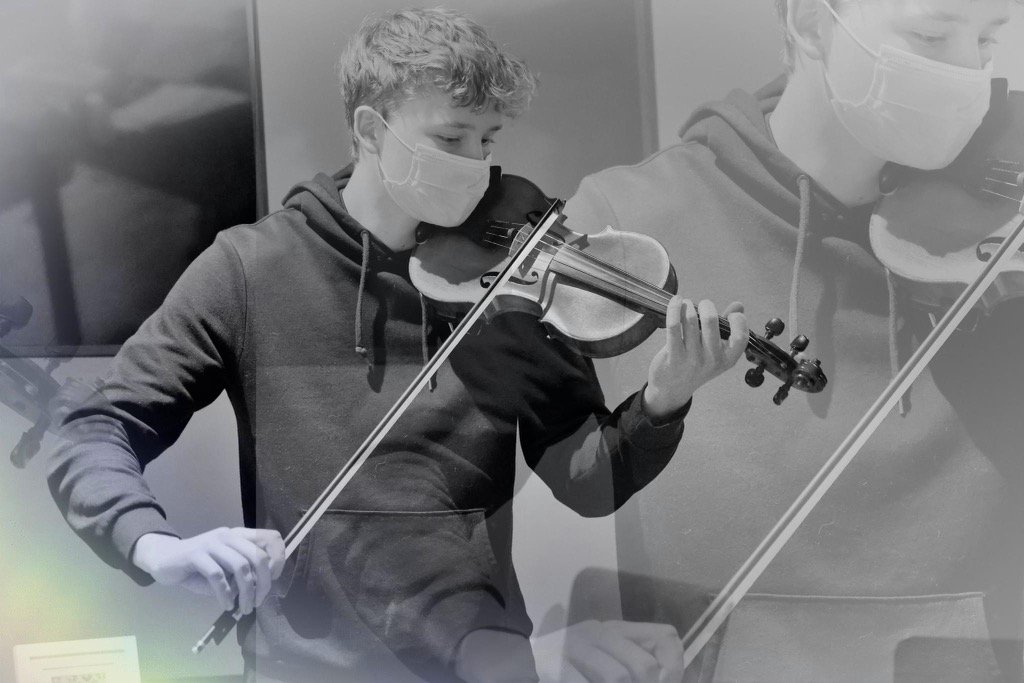Hospice Volunteering
The spirit of hospice volunteering is borne from a genuine desire to give comfort, peace, and care to patients, caregivers, and families during the end of life. Hospice volunteers have a tremendous impact on the lives of the patients that they serve, the hospice team, of which they are a part and the families and friends of the terminally ill. Understanding the role of hospice volunteers, the ways in which volunteers can serve, and the impact that volunteering has on the lives of the patient, the patient’s family, and the volunteer, can better equip those who are interested in becoming a hospice volunteer.
The presence and service of hospice volunteers is targeted toward ultimately providing patients, caregivers, and families with the most comfortable and compassionate end-of-life experience possible.
Why Hospice Organizations Need Volunteers
The value of hospice volunteers cannot be overstated. Volunteers are commonly perceived by hospice patients and families as ordinary members of their local community. This relationship provides a feeling of normality for patients, as well as patients’ families and friends. Volunteers often connect with patients on a deep, personal level, which provides the hospice care team with valuable insights concerning the overall impact of the level of comfort and care that is provided.
Medicare-certified hospice programs are also federally mandated to integrate hospice volunteers into administrative or patient services. The United States government requires that the total number of hours that hospice volunteers contribute must equal at least 5% of the total number of patient care hours provided by paid hospice employees and contract staff.
Hospice Volunteer Training
Before beginning volunteer service, hospice volunteers are often provided with training. This training prepares volunteers for the administrative services they may perform for the hospice, or the ways in which they will be directly assisting patients, caregivers, and families. Though each hospice organization may have a unique training program, most hospice volunteer training includes:
Understanding the hospice philosophy of care
How to know boundaries as a volunteer when interacting with patients and families
An overview of the spiritual, emotional, and physical needs of the patient and the patient’s family during the end-of-life journey
Understanding the services offered by the hospice organization
How to communicate with patients, their families, and friends
How to assist patients and families with grief, loss, and bereavement
Understanding patient and health information privacy
The Common Traits of Effective Hospice Volunteers
A part of what makes hospice volunteers so valuable, and such impactful members of a patient’s care team, is the unique life perspective and personality they offer. Though each volunteer is unique, there are several common traits that are indicative of an effective hospice volunteer:
A spirit of compassion and understanding towards those who are on the end-of-life journey
Respect for all ways of life, cultural customs, and religious views
Keen understanding of personal limits
The ability to listen and be comfortable in silence
Effective hospice volunteers recognize that their role is one of compassionate service. The presence and service of hospice volunteers are targeted toward ultimately providing patients, caregivers, and families with the most comfortable and compassionate end-of-life experience possible.
Types of Hospice Volunteering
There are many ways in which hospice volunteers lend their time and effort to hospice organizations. Whether helping support patients, caregivers, and families directly, or by assisting the hospice with administrative work, there are always tasks in which the unique talents of each volunteer can be put to effective use. The ways in which hospice volunteers provide service are largely grouped into two categories: direct care volunteering and indirect care volunteering.
Direct Care Volunteering
Hospice volunteers who work directly with patients, caregivers, and families are considered direct care volunteers. Direct care volunteers can provide support and comfort to patients and families in many ways. Common areas where direct care volunteers can provide assistance are:
Preparing meals for patients and families
Providing transportation to patients, families, and the children of the families
Assisting in light household chores
Sitting with patients to provide companionship and a comforting presence
Playing music for patients to provide a soothing and joyful atmosphere
Indirect Care Volunteering
For volunteers who prefer not to work with patients directly, their time and effort can be put to use in assisting the hospice organization with administrative and general office tasks. Common tasks where indirect care volunteers provide assistance are:
Helping prepare mailings and newsletters for community outreach
Assisting in general data entry tasks and other clerical duties
Helping in preparations and setup for special community events and outings
Whether opting to be directly or indirectly involved with patient and family care, hospice volunteers are able to use their unique talents and skill sets to support hospice organizations and provide patients and families with a more comfortable end-of-life experience.
The Impact of Hospice Volunteers
Hospice volunteers help provide patients and families with compassionate care and support during the end-of-life process. The level of personal connection and support that volunteers provide allows for a greater level of end-of-life care satisfaction for patients enrolled in hospice care. According to a 2010 National Hospice and Palliative Care Organization (NHPCO) study, hospice programs with higher levels of direct care volunteer involvement consistently report higher levels of care satisfaction from the bereaved families of hospice patients.
Direct Care Volunteering Hours per Patient per Week% of Overall Satisfaction Reported as ExcellentTable 1: Effect of Direct Care Volunteering on Overall Satisfaction0 - 0.24 hrs0.25 - 0.53 hrs0.54 - 0.91 hrs0.91+ hrs020406080
Unadjusted Results of Hospice Care Reported as Excellent in Association with Volunteer Hours per Week
The Benefits of Becoming a Hospice Volunteer
While hospice volunteers have a tremendous impact on the lives of the patients, caregivers, and families they serve, the volunteers themselves also benefit from the giving of their time and talents. Hospice volunteers, particularly those who work directly with patients and families, commonly report:
A greater appreciation for life and understanding of what is truly important
A deeper understanding and acceptance of the role of death in the process of life
An enriched understanding of different cultures and life perspectives
A sense of fulfillment and contribution to the community


